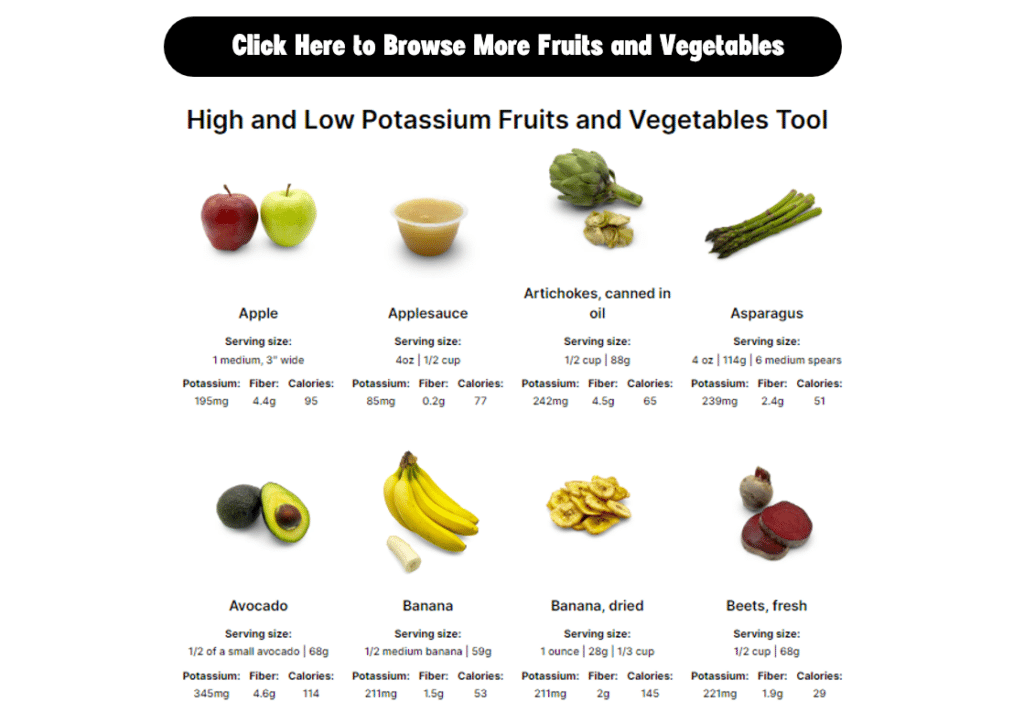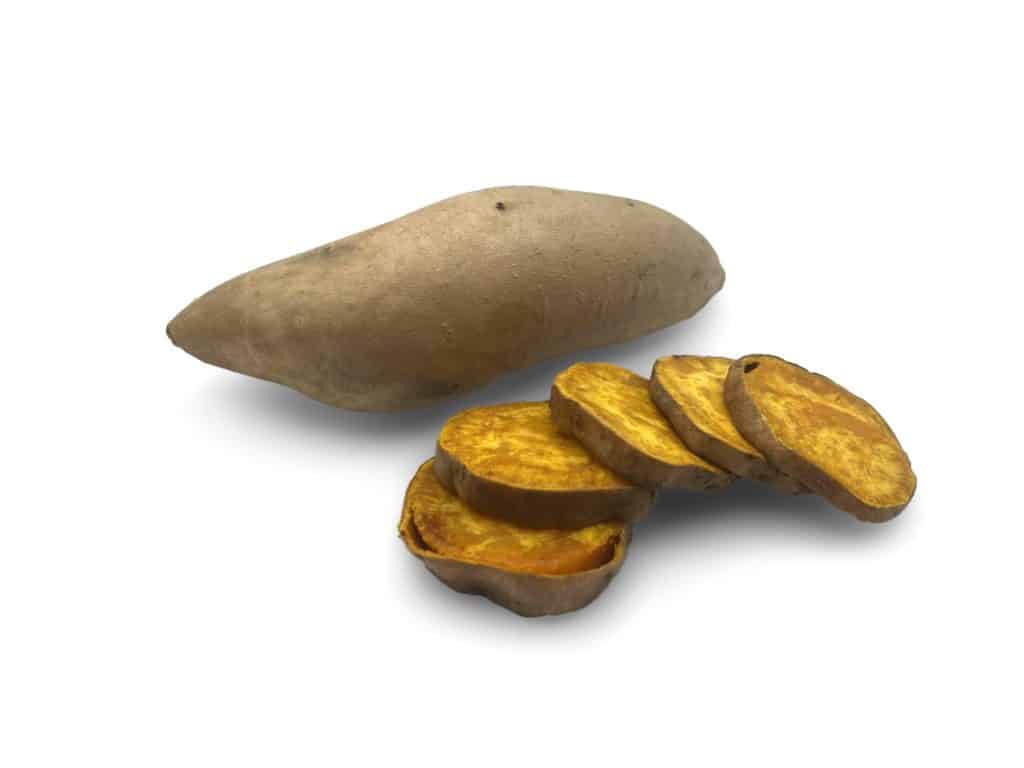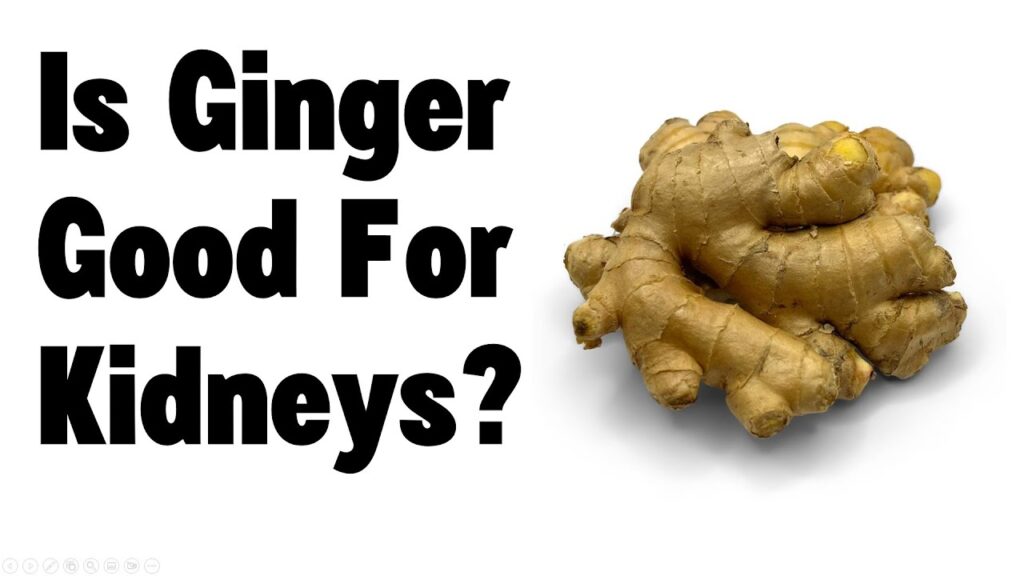Table of Contents
Are Cucumbers good for kidneys?
Raw cucumbers are good for people with kidney disease since they contain vitamins and antioxidants that are beneficial to people with kidney disease.
This post may contain affiliate links through which we may earn a small commission to help keep this website free.
Pickled cucumbers, also known as pickles, are typically very high in sodium. Pickles and other pickled vegetables should be enjoyed in moderation to avoid adding to much sodium to your diet. Too much sodium can cause fluid retention, worsen blood pressure, and even reduce the efficacy of blood pressure medications.
Be mindful of the serving size of pickles to ensure that they fit into your overall day.
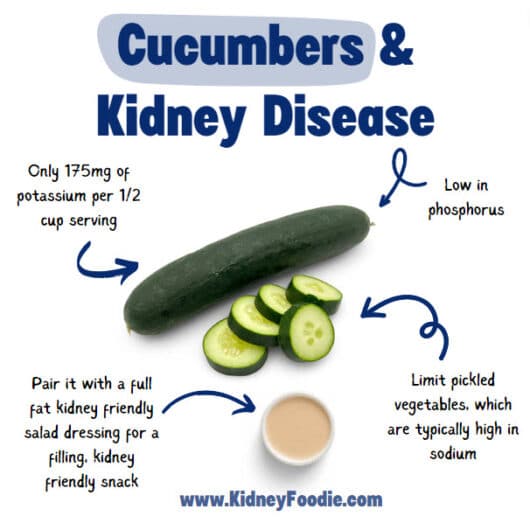
Are cucumbers high in potassium?
One ½ cup of sliced cucumber contains 175mg of potassium, which would typically make it a low potassium vegetable.
Most kidney professionals consider a vegetable to be high potassium if it contains more than 200mg of potassium per serving, so cucumbers would be considered a low potassium fruit.
If you have kidney disease, you should not restrict your intake of fruits and vegetables because of potassium content unless instructed by your kidney dietitian or healthcare provider. Fruits and vegetables provide many benefits to people with kidney disease.
Many people who have kidney disease do not need to restrict their intake of potassium. There are many other factors that could cause you to have high potassium levels that are not related to the amount of potassium in your food.
For example, constipation can lead to higher potassium levels in people with chronic kidney disease. Getting in adequate fiber can help you manage your potassium better because it helps relieve constipation, so people with kidney disease are able to remove more potassium from their body with their bowel movements.
You can also learn more about managing potassium and kidney disease through our courses or by signing up for our complimentary newsletter.
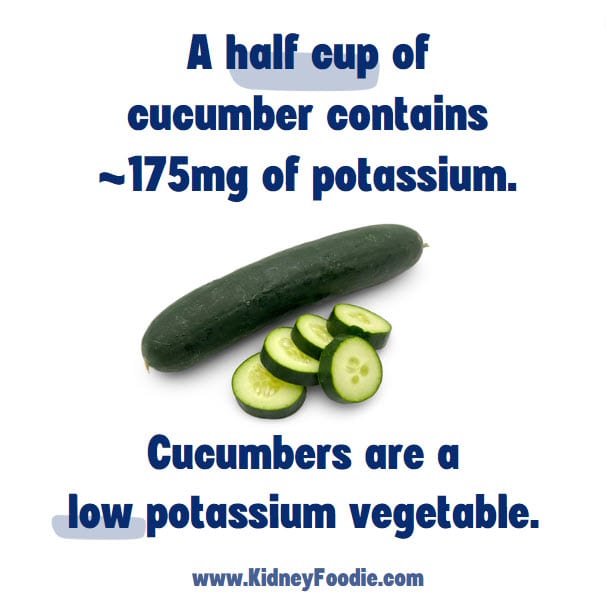
Are cucumbers high in phosphorus?
No. One half cup of cucumbers contains about 14mg of phosphorus. The phosphorus found in cucumbers is natural and poorly absorbed by the body, so it is considered a low phosphorus food.
For more information about phosphorus and kidney disease, check out our youtube video.
What are the benefits of cucumbers?
- Cucumbers contain vitamins, polyphenols, and antioxidants. Antioxidants consumed through fruits and vegetables are considered to have protective effects against many chronic diseases.
- Research shows that a low intake of fruits and vegetables is associated with an increased risk of developing kidney failure in people with kidney disease (as well as those who don’t have kidney disease.
Healthy ways to eat cucumbers
Raw cucumbers can be enjoyed in a variety of ways:
- Chopped and added to salads such as our Greek Salad
- Sliced them and dip into your favorite low sodium salad dressing or another dip
- Add them to smoothies for a refreshing burst of flavor
- Peel them into ribbons to make vegetable wraps
Are cucumbers high in oxalates?
No, cucumbers are considered low in oxalates. (Source)
Oxalates are naturally occurring compounds found in many foods. When consumed, oxalates can bind with calcium in the body to form crystals, which can contribute to the formation of kidney stones in some individuals.
Kidney stones are hard deposits that form in the kidneys when there are high levels of certain substances, such as calcium, oxalate, and uric acid, in the urine. The most common type of kidney stone is calcium oxalate stones, which are formed when calcium and oxalate combine in the urine.
While oxalates are present in many foods, not everyone who consumes oxalates will develop kidney stones. Factors such as individual susceptibility, overall diet, and lifestyle choices play a role in kidney stone formation.
The highest oxalate fruits and vegetables are spinach, rhubarb, and swiss chard. However, it’s important to note that the mere presence of oxalates in food does not guarantee kidney stone formation. If you are not prone to developing kidney stones, then there is no reason to avoid foods that are high in oxalate.
High and Low Potassium Fruit and Vegetable Tool
Looking for more information on other kidney friendly fruits and vegetables? Check out our Fruit and Vegetable Potassium Tool.
